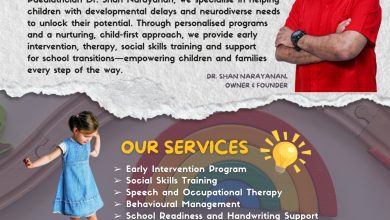Eye Health
By Dr S.S. Gill
In our continuing series on Eye Health, Consultant Ophthalmologist Dr S.S. GILL talks to us further about Eye Strain.


Our eyes are in actual fact biologically not designed to stare at a computer screen or mobile device all day long. If we were out ‘hunting’ and ‘gathering’ as we were made out to be, our eyes would get their natural break from intensive close-range staring that many people do in today’s modern age. All the staring at computers and smartphones for long hours at each time means “we are getting our eyes to do something they were not meant to do!” Unfortunately for our eyes, we do live in a world surrounded by gadgets that demand this kind of staring activity.
WOMEN
Interestingly, both men and women suffer from eye strain although women are reporting more eye problems associated with their screen time than men. This is possibly because women are more prone to dry eyes than men. It is not really known why women experience the dry-eye syndrome more than men do, but it has been linked to the fact that hormones do play a part in tear production. The hormonal changes that occur in peri-menopausal (just around the time when menopause begins) and of course menopause itself can explain why older women are more susceptible to dry eyes, which is contributing factor towards eye strain.
AVOID:
- Prolonged digital media use.
- Reading for long hours.
- Watching television for long periods.
- Driving long distances without breaks.
- Sewing and knitting for long hours.
- Poor lighting.
- Poor seating position in front of your PC monitor.
It is good to remember that our eyes are in their most relaxed state when looking into the distance. This is where the 20-20-20 rule is helpful when practised. For every 20 minutes of doing concentrated near-work, look 20 feet into distance for at least 20 seconds. This deliberate activity relaxes the ciliary muscles used for near accommodation, thus reducing eye stress. Remember to consciously take quick and regular breaks to relax your eyes whenever you are going to be working long hours on concentrated near-work. You can also shut your eyes for about 20 seconds every now and again (that is if your boss allows you!)


